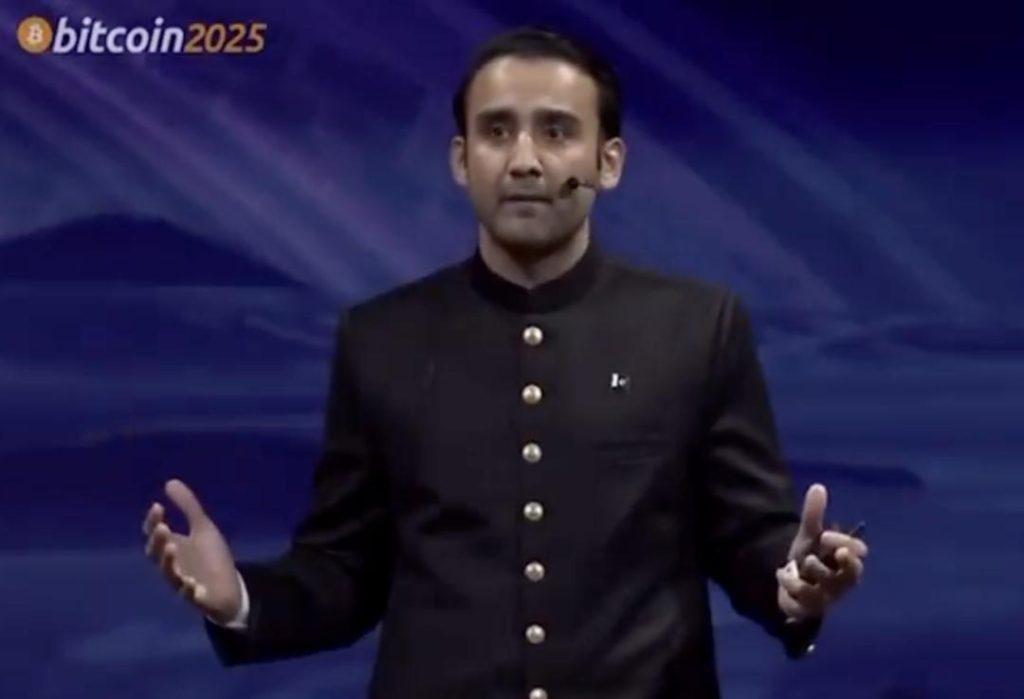
Pak & Bitcoin Suffer from Bad PR: CEO of Pak Crypto Body Linked to Trump-Backed Firm
In recent years, Pakistan and Bitcoin have faced a series of negative press stories, with many questioning the country’s ability to regulate its cryptocurrency market. The situation has taken a new twist, with the CEO of Pakistan Crypto Council, Bilal bin Saqib, stating that his country and Bitcoin have “suffered from bad PR” due to various misconceptions and misperceptions.
Saqib’s comments come at a time when the Pakistani cryptocurrency watchdog, the Securities and Exchange Commission of Pakistan (SECP), is facing scrutiny over its deal with World Liberty Financial, a company backed by US President Donald Trump. The deal has raised concerns among lawmakers and regulatory bodies, with the US Senate recently launching an inquiry into the matter.
In an interview with News18, Saqib emphasized that Pakistan and Bitcoin have been victims of bad publicity, citing the country’s conflict-ridden history and the inherent volatility of the cryptocurrency market as contributing factors. “Pakistan and Bitcoin have both been victims of bad PR,” he said. “People see Pakistan through the lens of conflict, and they see Bitcoin through the lens of volatility. This has created a negative perception of both, which is not entirely accurate.”
Saqib’s comments are likely an attempt to whitewash Pakistan’s image and distance itself from the controversy surrounding the SECP’s deal with World Liberty Financial. The company, which has received significant backing from Trump, has been accused of engaging in questionable business practices, including alleged money laundering and Ponzi scheme activities.
The deal between World Liberty Financial and the SECP has raised concerns among lawmakers and regulatory bodies, with many questioning the company’s intentions and the SECP’s decision to grant it a license to operate in Pakistan. The US Senate’s inquiry into the matter is expected to shed more light on the situation and determine the extent of any wrongdoing.
Pakistan’s struggle to regulate its cryptocurrency market has been ongoing for several years. Despite the country’s growing interest in digital currencies, the SECP has faced criticism for its lack of clear guidelines and regulations. This has led to a proliferation of unlicensed cryptocurrency exchanges and other players in the market, which has raised concerns about consumer protection and financial stability.
Saqib’s assertion that Pakistan and Bitcoin have both suffered from bad PR is likely an attempt to deflect attention from the country’s regulatory shortcomings and shift the focus to external factors. While it is true that both Pakistan and Bitcoin have faced negative publicity, the root causes of these issues are complex and multifaceted.
Pakistan’s conflict-ridden history has undoubtedly contributed to the country’s negative image, but this is a complex issue that cannot be solved overnight. Similarly, the volatility of the cryptocurrency market is a well-known risk, but it is not a valid excuse for regulatory bodies to turn a blind eye to the growing popularity of digital currencies.
In conclusion, while Saqib’s comments may be an attempt to whitewash Pakistan’s image, they also highlight the need for regulatory bodies to take a more proactive approach to addressing the country’s cryptocurrency market. The deal between World Liberty Financial and the SECP has raised concerns among lawmakers and regulatory bodies, and it is essential that the situation is investigated thoroughly to determine the extent of any wrongdoing.
As the cryptocurrency market continues to evolve, it is crucial that regulatory bodies around the world take a more nuanced approach to addressing the growing popularity of digital currencies. This includes providing clear guidelines and regulations, as well as taking a proactive approach to addressing the risks and challenges associated with this new technology.






